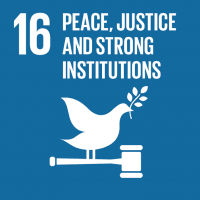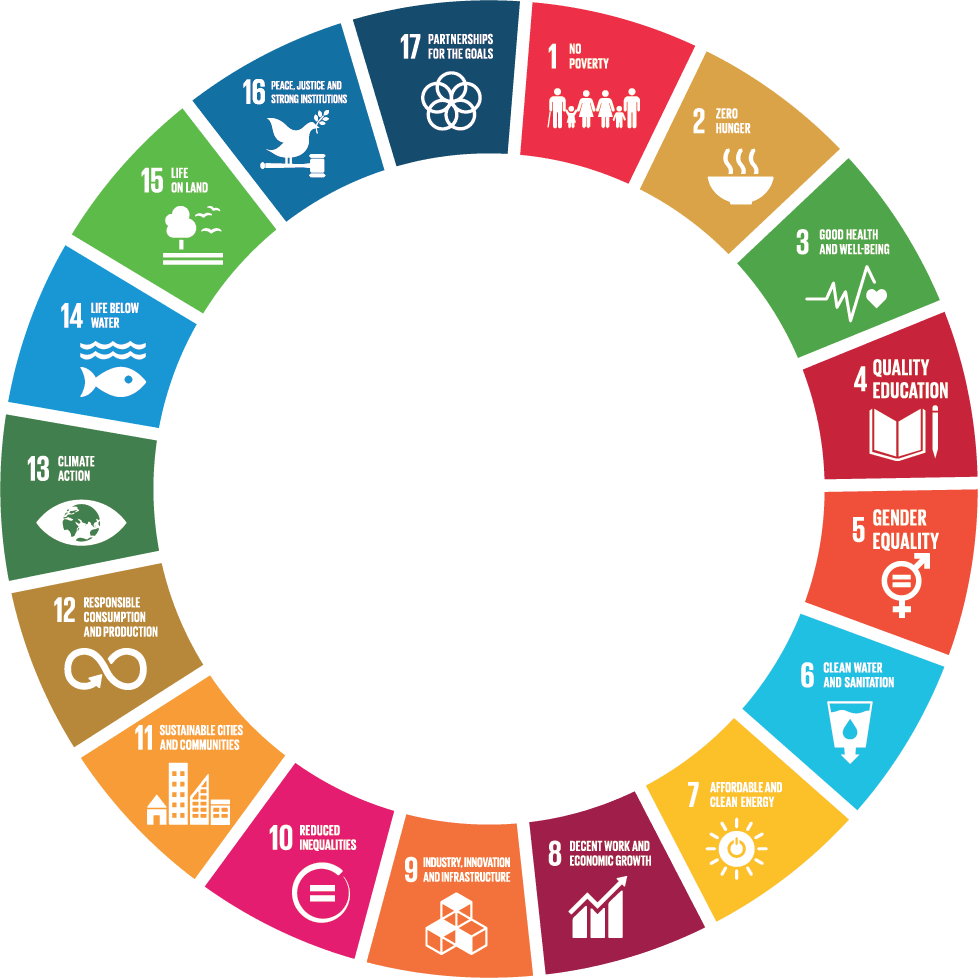Guest post: Understanding development is important for lawyers
Michael Woolcock, Lead Social Scientist at the World Bank Research Group and lecturer at Harvard University, shares his thoughts on the importance of lawyers understanding the field of development and the ‘bigger picture’ underlying their pro bono work.

Michael Woolcock, Lead Social Scientist at the World Bank Research Group and lecturer at Harvard University, shares his thoughts on the importance of lawyers understanding the field of development and the ‘bigger picture’ underlying their pro bono work.
Michael will be delivering the first module on the Law and Development Training Programme, on 22 April 2018. Registration for the Programme is now open, and Early-Bird rates are available until 21 March 2018.
Further details on the Training Programme HERE
Download the Law and Development Training Programme brochure HERE
Introduction to Law and Development
Michael Woolcock, World Bank and Harvard University
Development is a complex historical process whereby countries seek to modernize in four primary domains: economic exchange, social relations, political systems and public administration. Law is central to ‘managing’ transitions in all these domains; or, more specifically, it becomes central to managing the ways in which prevailing rules systems for addressing transitions in these four domains – which are often grounded in non-state institutions and social norms – as those systems begin to engage with state-based institutions and procedures. I use this framework to explain two key questions (why the world is simultaneously ‘coming together’ and ‘falling apart’) and to inform two long-standing tasks (how to build a more prosperous and equitable world, within and between countries).
Lawyers interested in offering their skills pro bono to particular causes or organizations in low-income countries can do so via the kinds of channels carefully nurtured and overseen by groups such as A4ID; there is plenty of scope and demand for such important work. But in making this contribution, it helps to have an informed sense of the big picture: of where A4ID ‘sits’ in the larger landscape of local, national and international development agencies; of how, historically, effective justice reform has stemmed from both brave teams and broad social movements; of why development efforts often succeed but sometimes fail; why justice reform is perhaps the most difficult development task of all; and how new approaches are engaging with legal disputes from a user’s perspective, solving problems that users themselves nominate and prioritize. Such approaches require a rather different understanding of what constitutes ‘legal expertise’ as taught in law school – i.e., less the ability to acquire technical knowledge to be transferred from one context to another, and more to create and protect political space wherein locally legitimate solutions can emerge.
*The views, opinions and positions expressed within these guest posts are those of the author alone and do not represent those of A4ID
